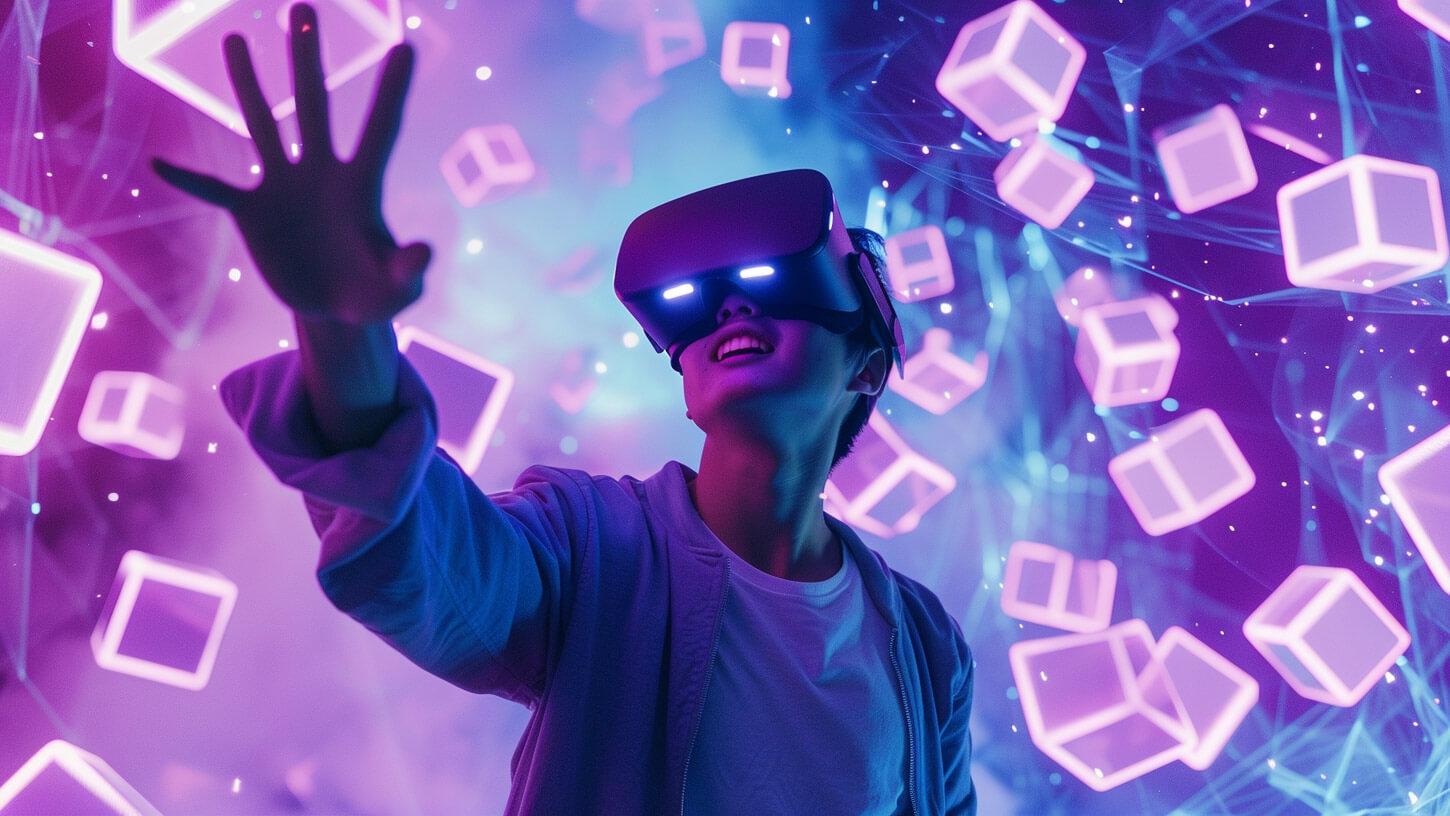
VR Trends Revolutionizing Entertainment
Virtual reality (VR) has transformed from a niche technology into a mainstream force reshaping the entertainment landscape. As advancements in VR hardware and software accelerate, new trends are emerging that promise to redefine how we experience games, movies, live events, and more. Here are some of the most exciting VR trends revolutionizing the entertainment industry today.

1. Immersive Gaming Experiences
Gaming remains at the forefront of VR innovation. Developers are creating increasingly immersive worlds that allow players to interact with their environments in unprecedented ways. From realistic physics engines to fully interactive storylines, VR gaming is setting new standards for player engagement. Key takeaway: Expect more games with open-world exploration, multiplayer VR experiences, and haptic feedback that heightens the sense of realism.
2. Virtual Concerts and Events
The rise of virtual concerts and live events has expanded access to experiences that were once location-dependent. Artists and event organizers are leveraging VR platforms to deliver immersive performances that allow fans to feel as though they’re part of the crowd, no matter where they are. Key takeaway: Virtual events are making entertainment more accessible while offering new creative opportunities for performers.
3. Cinematic VR Storytelling
Filmmakers are beginning to experiment with VR as a storytelling medium. By placing viewers directly in the center of the action, cinematic VR offers a level of immersion that traditional films can’t match. This trend is opening the door to entirely new genres and narrative techniques. Key takeaway: Look for more VR-exclusive movies and series designed to be experienced, not just watched.
4. Social VR Platforms
Social VR platforms are blending entertainment with interaction, creating virtual spaces where users can meet, play, and collaborate. These platforms are becoming the next frontier for online communities, merging gaming, social networking, and content creation. Key takeaway: The line between social media and entertainment is blurring in the VR space.
5. Fitness and Interactive Experiences
VR fitness apps are turning exercise into an engaging activity by gamifying workouts. Users can now box, dance, or explore virtual worlds while burning calories. This trend highlights VR’s potential beyond traditional entertainment. Key takeaway: Expect more fitness-focused VR content that combines fun with physical activity.
6. Expanding Accessibility
As VR technology becomes more affordable, a broader audience is gaining access to these experiences. Companies are also focusing on improving comfort, reducing motion sickness, and creating adaptive tools to make VR enjoyable for everyone. Key takeaway: Greater accessibility means VR is no longer just for tech enthusiasts—it’s for everyone.
What the Future Holds
With continuous advancements in hardware, software, and content, VR is poised to become an integral part of the entertainment ecosystem. From immersive gaming and storytelling to fitness and live events, the possibilities are endless. As these trends continue to evolve, one thing is clear: VR is not just a trend—it’s the future of entertainment.








